Prince Charles backed Sir John Kerr on dismissal of Gough Whitlam
Prince Charles told John Kerr in 1976 that he supported his dismissal of the Whitlam government| READ CHARLES’S LETTER
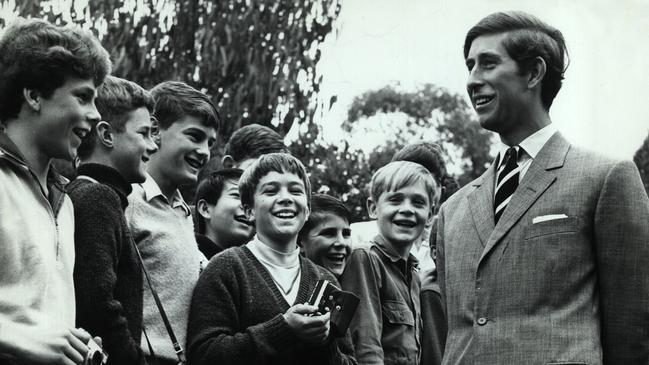
Prince Charles, the future king of Australia, told John Kerr in March 1976 that he supported his dismissal of the Whitlam government — the first known statement of support for the governor-general’s intervention by a member of the royal family.
“Please don’t lose heart,” Charles wrote to Sir John by hand just months after the dismissal. “What you did last year was right and the courageous thing to do — and most Australians seemed to endorse your decision when it came to the point.”
In a letter that revealed the personal bond between them, Charles expressed his sympathy for Sir John who was under siege from critics in Australia and urged him not to resign. He told the governor-general not to worry about “demonstrations and stupidities” or get “depressed” or “dejected” about the public backlash after his termination of the Whitlam government.
PDF: Read Charles’s letter to Sir John Kerr
“I can imagine that you must have come in for all sorts of misinformed criticism and prejudice since I saw you in January and I wanted you to know that I, at any rate, appreciate what you do and admire enormously the way you have performed (and continue to perform) your many and varied duties,” Charles wrote.
This is a direct statement of support for the dismissal by a member of the royal family. It was a personal letter written without the authority of the Queen or the Palace. It reveals Prince Charles doing what the Queen herself never did: sending Sir John a message of personal endorsement over the Whitlam dismissal.
The revelation of the letter is an embarrassment for the Queen. It will be seen as a breach of royal protocol and convention since the Queen has always maintained a strict policy of non-interference in Australian politics. The letter risks Charles’s standing in Australia as heir to the throne.
The handwritten letter is revealed for the first time in a new book by the authors, The Truth of The Palace Letters: Ambush, Deceit and Dismissal in 1975, published by Melbourne University Press on November 3.
The authors have also discovered an 11-page typed memo in which Sir John detailed his relationship with Charles. This note, written in April 1981, testifies to a mutually supportive and trusting relationship between the two. It confirms Charles’ ambition to be governor-general and his desire to buy property in regional NSW.
Sir John repeatedly told Charles that he was willing to stand aside to enable the Prince to become governor-general. “I would, of course, co-operate at any time in moving from the office so that it could be occupied by the Prince of Wales, on the assumption that the Prime Minister of the day would wish to make a recommendation and that the Queen approved,” Sir John noted.

There were several discussions between Sir John and Charles during the period from 1974 to 1976 about the Prince becoming governor-general. It was seen as valuable training for the Prince as a prelude to becoming king.
“In my talks with H.R.H. he showed undoubted eagerness to have this experience some time later on and thanked me for what I had said about fully co-operating,” Kerr wrote.
Sir John prized these discussions. He kept them secret from the Queen and her advisers. The governor-general saw his relationship with the young Prince as special and personal, and presumably felt it might later prove useful.
Buckingham Palace was not supportive of Charles becoming governor-general. Charles’s fixation on acquiring an Australian property is also documented in Sir John's note. In October 1975, Charles inspected “Yammatree”, near Cootamundra, and was eager to explore possibilities to purchase the property or an alternative. Sir John recalled that Charles had “a very great desire to have a property in Australia”.
The Queen’s private secretary, Martin Charteris, was opposed to Charles buying a property in Australia. But the Prince persisted. He asked Sir John to arrange a meeting with prime minister Gough Whitlam and the three men met to discuss the proposal. Whitlam supported the idea in principle but made clear no funds would be provided by the Australian government. The proposal had been canvassed with British prime minister Harold Wilson, who had “no difficulty” with the idea but ruled out British government funding. But Charles with the support of Sir John continued to investigate the purchase with finance being provided by private banks. However the Palace’s resistance prevailed.
Sir John’s note also refers to discussions he had with Charles before and after the constitutional crisis — but not during the crisis.
He spoke to the Prince about a possible future crisis while in Port Moresby in September 1975. Sir John said he did not discuss with Charles “in any detail what might happen” but the “hypothetical” exercise of reserve powers was mentioned. This discussion mirrors what Sir John told Sir Martin and, importantly, reflected his talks with Whitlam at the time.
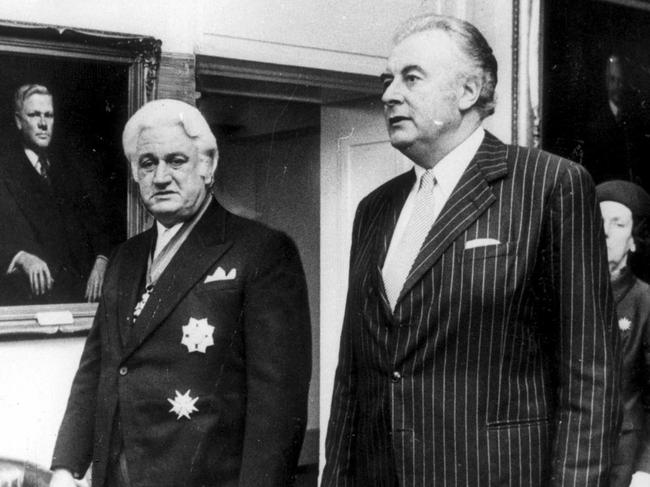
The 1981 note confirms Charles had no advance knowledge of Sir John’s plan to dismiss Whitlam and provides no evidence of royal collusion. The governor-general did not tell Charles he was thinking of dismissing the government but did canvass a range of possibilities in a potential crisis.
Sir John raised with Charles his fear that Whitlam might seek to remove him as governor-general — this was the real significance of this discussion. While Charles was sympathetic to Sir John’s position and found it difficult to accept the Queen might act to remove the governor-general on the prime minister’s advice, there is no suggestion Charles said the Queen would try to delay such a request.
In a letter from Sir Martin to Sir John on October 2, a fortnight before supply was blocked in the Senate, the Palace advised that the Queen would follow Whitlam’s advice if he sought to recall the governor-general.
Sir John’s note makes it clear no understanding was reached with Charles, or the Palace, in advance about the dismissal of the Whitlam government.

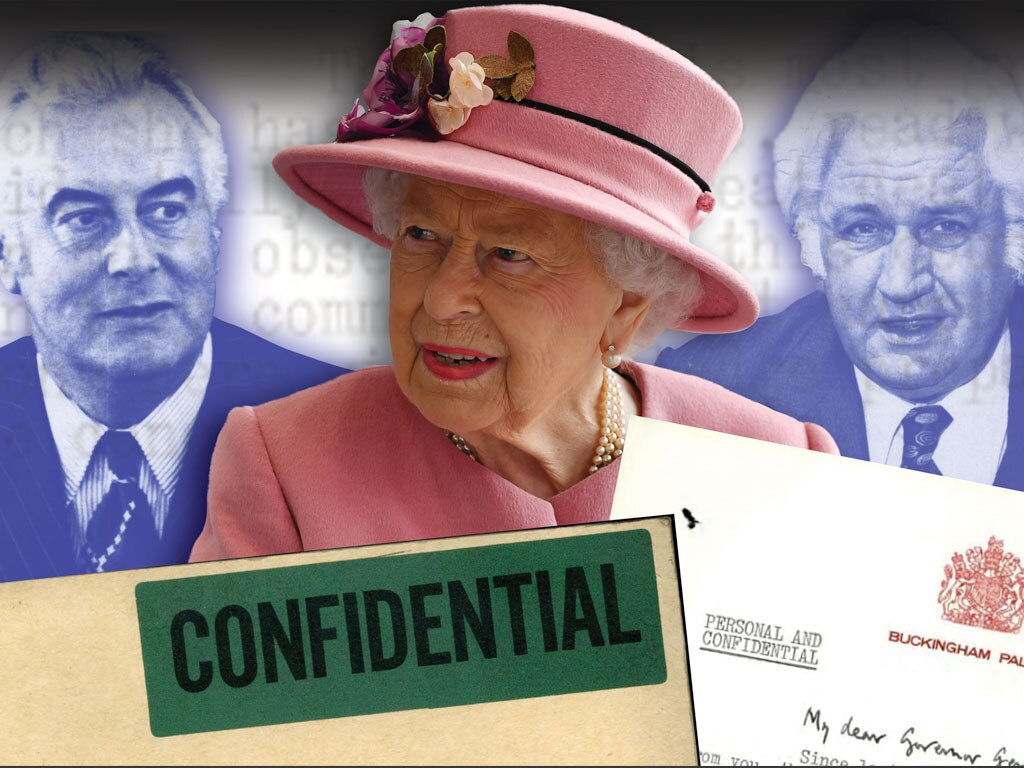

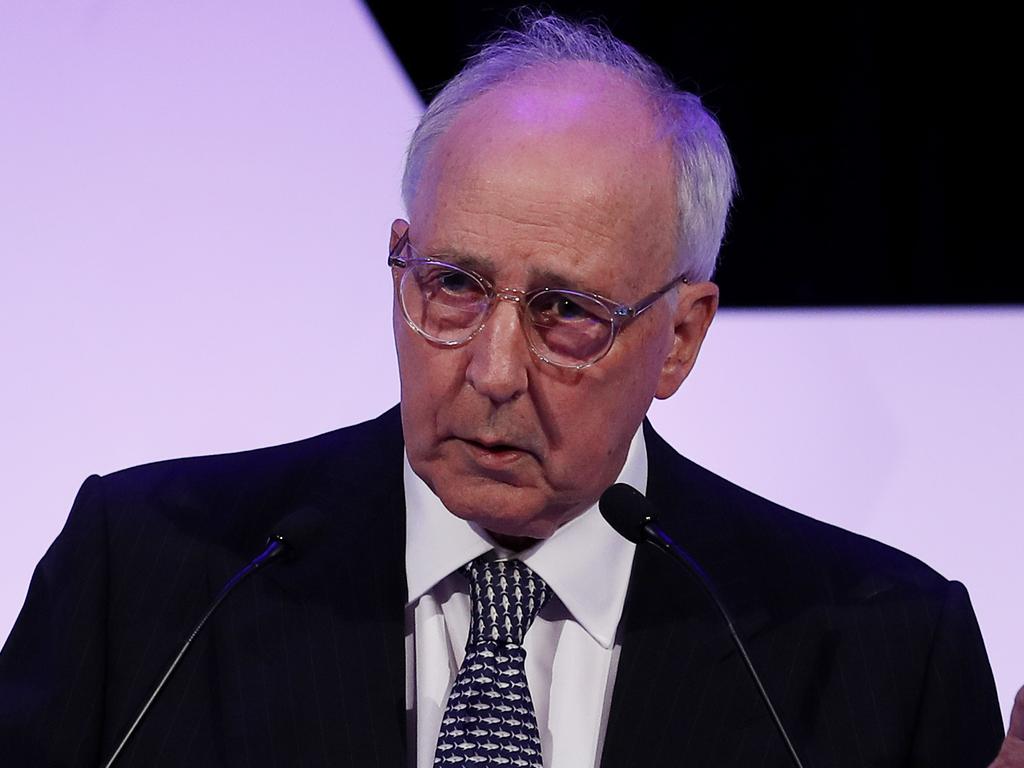
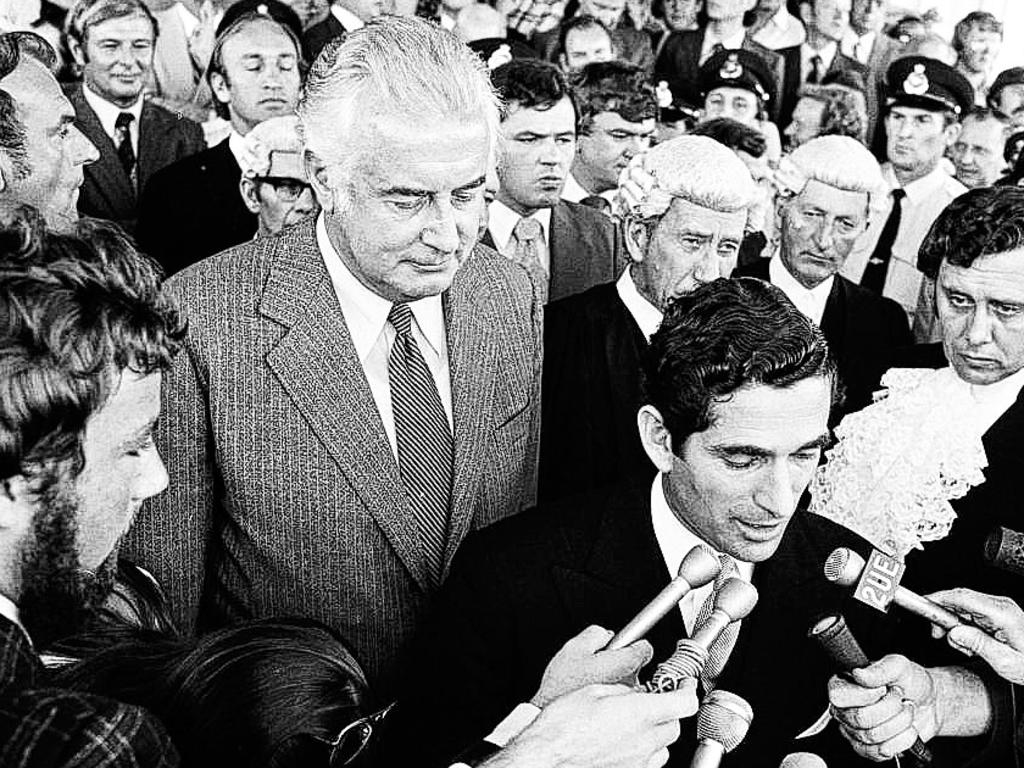


To join the conversation, please log in. Don't have an account? Register
Join the conversation, you are commenting as Logout